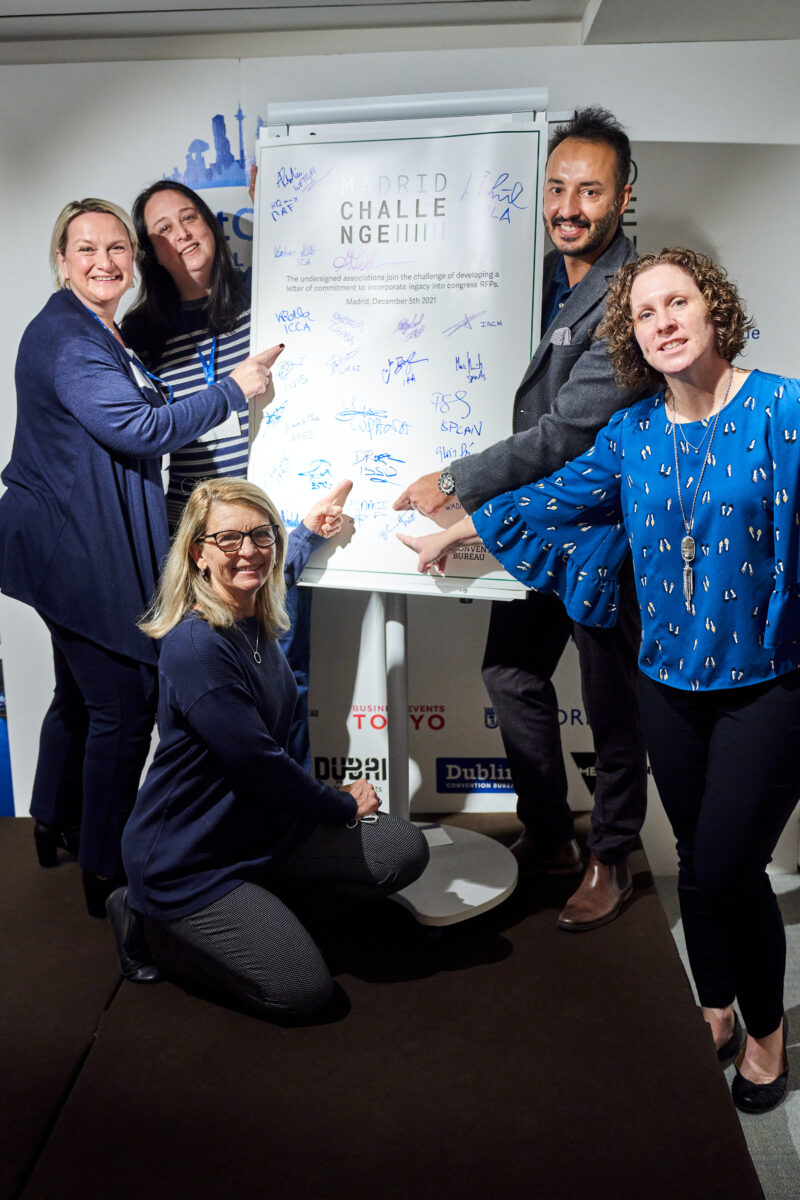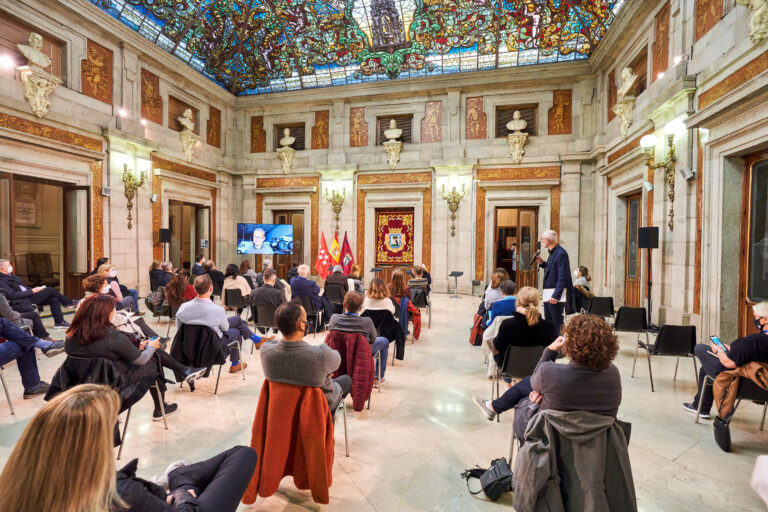The BestCities Global Forum, held in Madrid, Spain (December 2-5, 2021), directed global attention to the need to consistently prioritize positive impact under the theme “The Madrid Challenge”. Here, 24 associations and 11 destinations gathered to debate and workshop the concept of “legacy”, while exploring how legacy-building with every single conference can lead to dramatic change. A field trip to the Spanish Red Cross, along with motivating presentations by industry leaders, brought the concepts to life, demonstrating the concrete results of actively working to improve the social, environmental and working conditions of a destination.
(Re)defining legacy
Over the course of the BestCities Global Forum, ongoing discussions brought to light shifting definitions of legacy, and the recognition that legacy looks different for each organization and destination. Ultimately, there’s no set checklist to achieving legacy – it can be realized through pragmatic actions, such as building playgrounds for underprivileged children, or innovative research that future generations can build on and put into practice. Tools such as BestCities’ legacy impact measurement tool for the business events sector, and the Copenhagen Legacy Lab, were designed to guide associations and destinations through the often overwhelming process of creating legacy through business events. In 2021, the Madrid Convention Bureau introduced PLUS (Platform for Legacy with Us), a digital platform for meeting organizers that incorporates sustainability and legacy criteria into the planning stage, and facilitates connections between organizer and local agents so they can implement positive social, environmental and cultural actions. Collectively, these tools can help associations and destinations find their own definition of legacy and outline tactical steps towards realizing it.
The building blocks of legacy
On the first day of the Global Forum, destinations were invited to sign up for BestCities’ Commitments to a Sustainable Future, a collection of newly revised Alliance standards that strives to make a positive impact in the world. The Madrid Challenge takes these commitments a step further by securing a pledge from destinations and associations to integrate sustainability and inclusivity into future conference planning.
On the final day of the Forum, attendees were invited to a feedback and brainstorming session intended to further shape the Madrid Challenge and identify actionable items. First, the group generated a list of obstacles to sustainable and inclusive legacy-building, including the need to educate local stakeholders about “legacy” and the criteria around it, and amplify stories of legacy projects so communities, governments and other destinations are better able to understand their societal impacts.
There was also a discussion around measuring legacy. For most legacy projects, a business case must be made for long-term ROI, as many legacy projects take months, if not years, to show results. Additionally, funding available to convention bureaus often does not include legacy-building as a KPI, and board members are traditionally reluctant to change current processes or approaches.
Also addressed was a lack of resources across the board. Legacy-building is time consuming, and most destinations and associations are already stretched – so, making the case to redirect resources towards legacy projects can be difficult. Plus, there is the blunt truth that we are living in a post-COVID world, where financial stability is increasingly being reprioritized over social good.
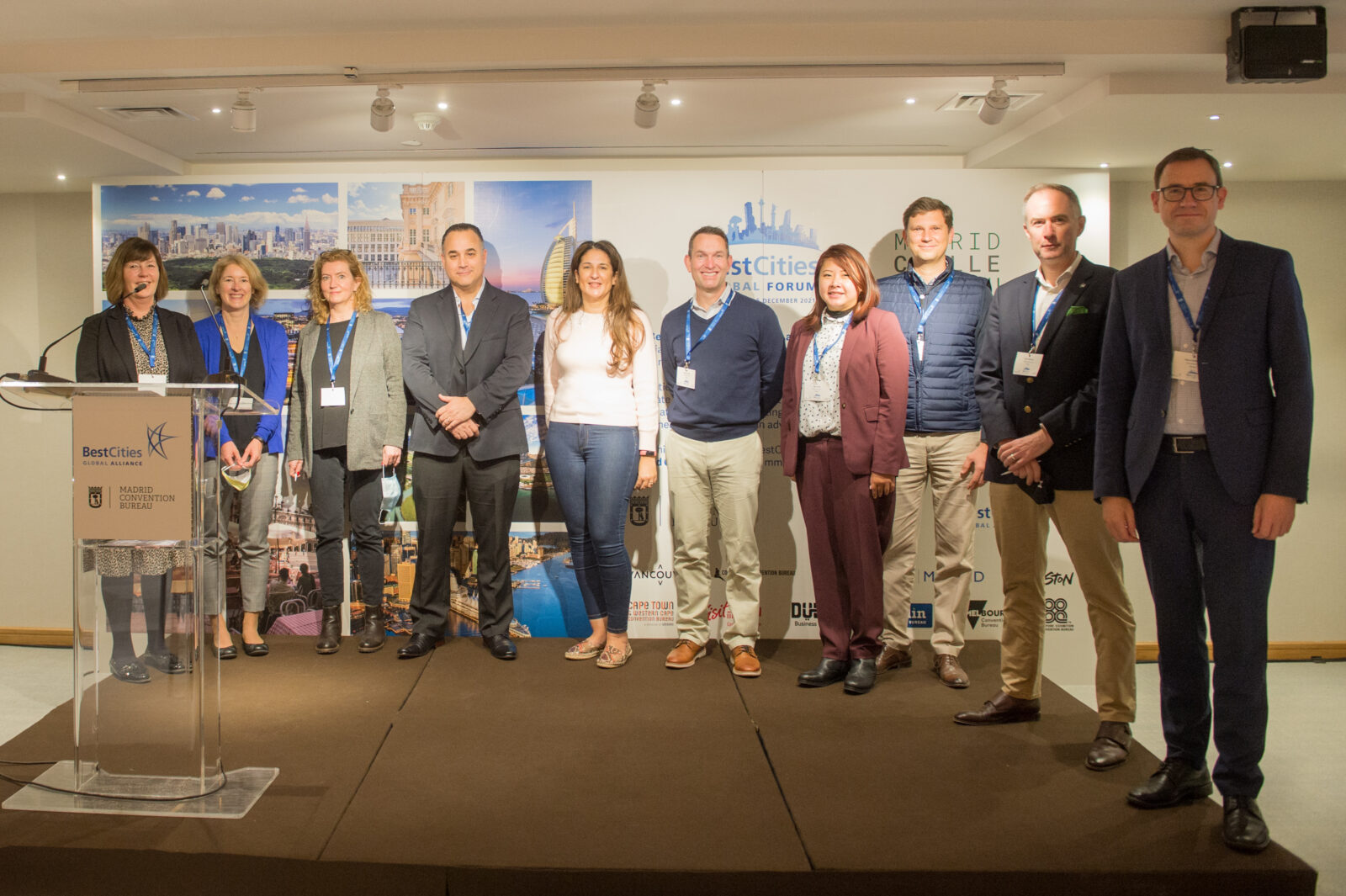
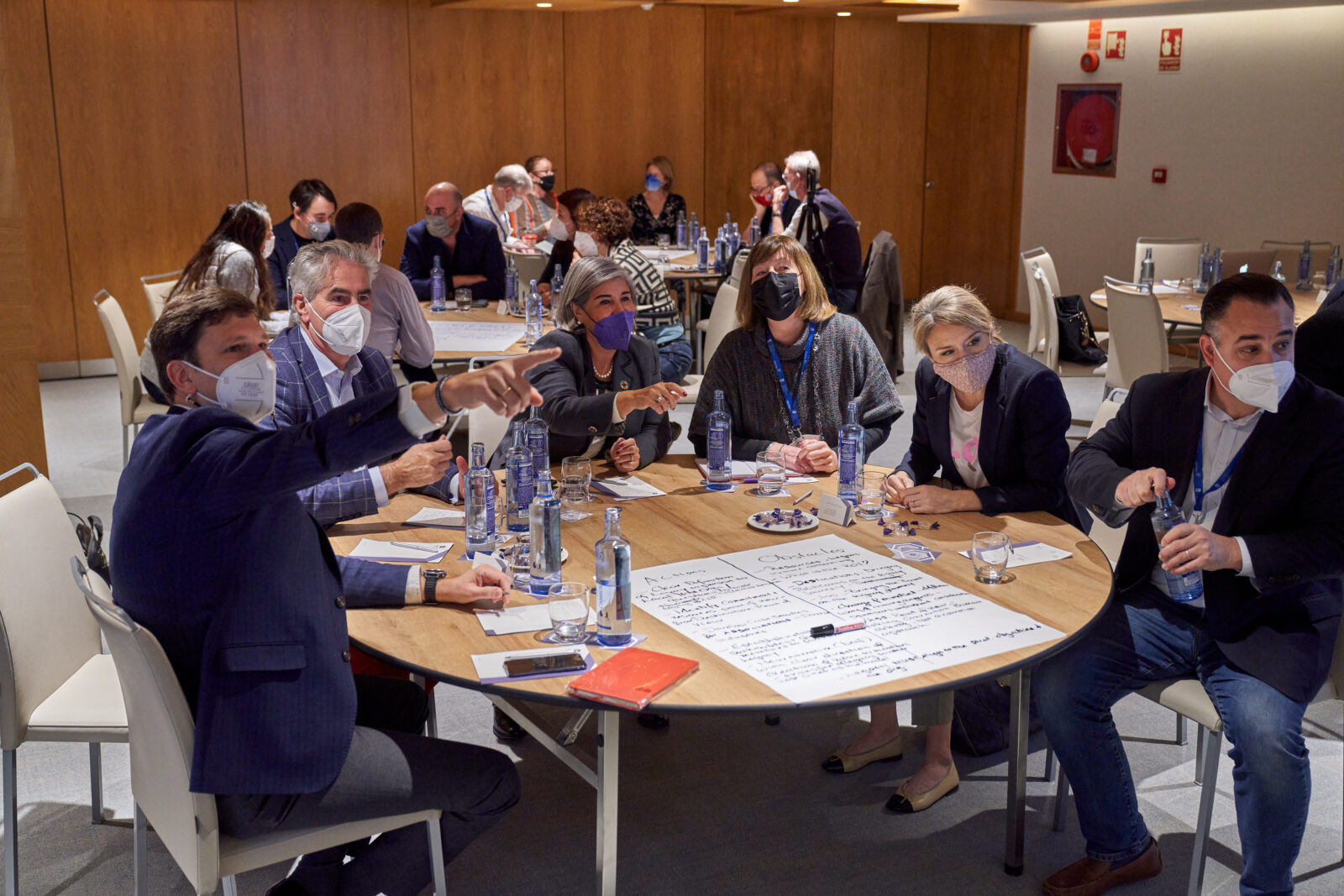
Streamlining legacy
After listing obstacles to streamlining legacy in conference planning, Forum attendees worked together to come up with actionable solutions. One suggestion was to develop case studies of successful legacy-building as inspiration and motivation, and craft a new narrative for members to transfer legacy to subsequent host cities. Another idea was to identify champions supporting legacy – such as association members or conference organizers with a successful track record of impactful legacy-building – to amplify messaging around the need for legacy and the steps required.
While legacy might not currently be considered part of a conference’s ROI, it can be if legacy projects are aligned to an association’s strategic objectives, and if the wider business ecosystem is involved. Work must also be done to establish legacy as a tool and show its advantages – as this foundation is strengthened, legacy will become a natural part of conference planning, rather than an afterthought or “extra”.
To address the resource issue, associations and destinations suggested including fair wages and employment opportunities related to legacy-building in RFPs, and aligning legacy projects with the strategic objectives of the organization. There was also a call to establish a collaborative network of stakeholders, government and members to facilitate and execute legacy projects. Indeed, expanding legacy-building outside the conference, including selecting sponsors with legacy in mind, can distribute tasks related to legacy projects more widely and ensure accountability.
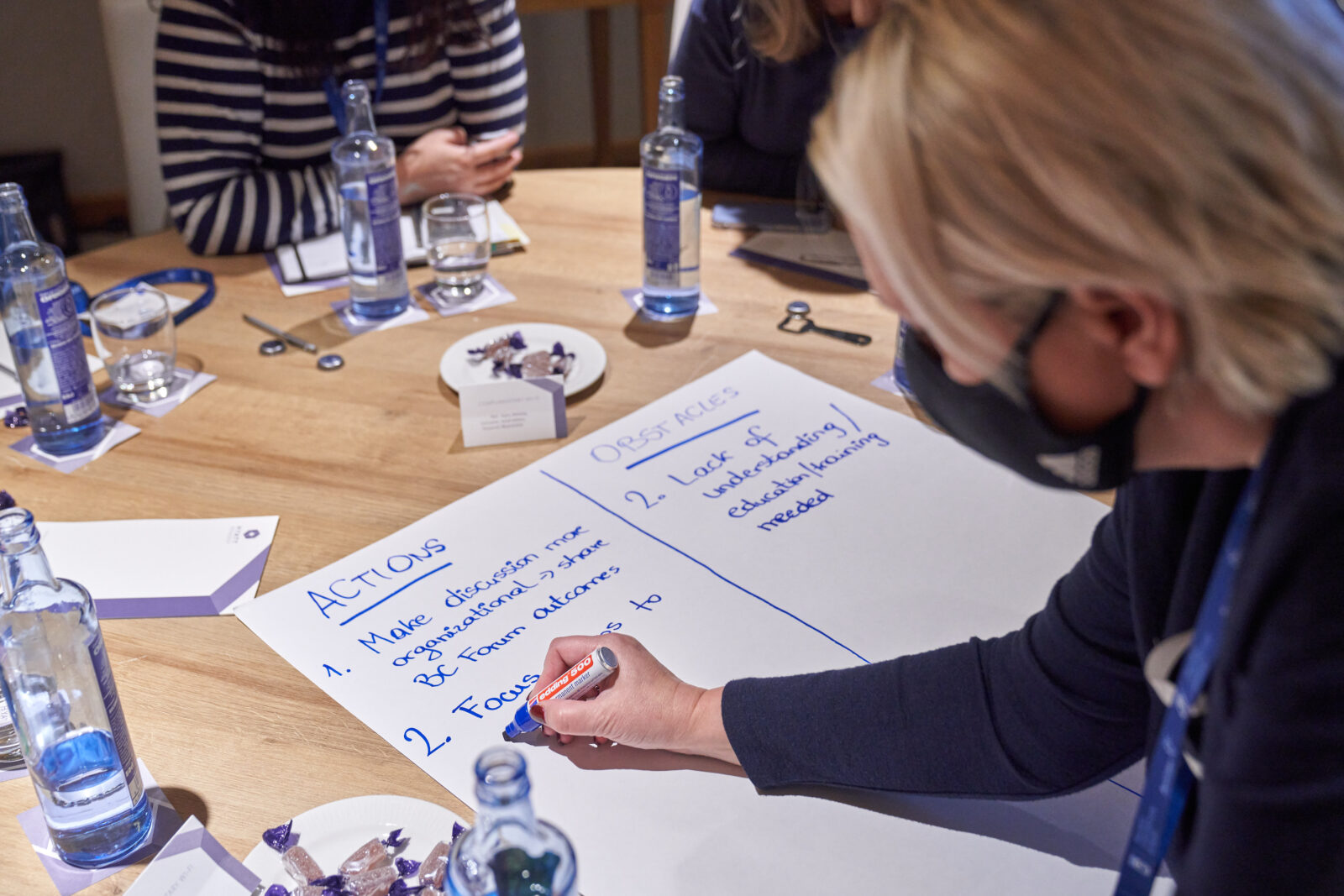
The Madrid Challenge Project Group
With feedback from the Global Forum brainstorm sessions, BestCities is convening a Project Group – consisting of associations and member destinations – that will continue the momentum achieved through the Madrid Challenge. Essentially, the Project Group will act as a vehicle to move our industry towards our goal of ensuring legacy and sustainability are included in RFPs and are considered a key element of conferences and events going forward. Anyone keen to participate in the Madrid Challenge Project Group can contact Lesley Williams, Managing Director of BestCities, at [email protected].
